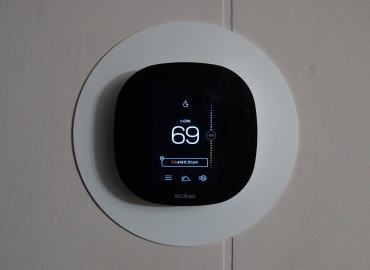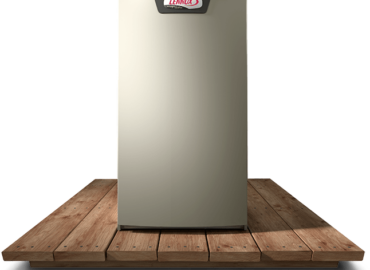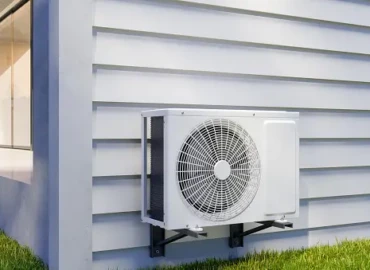How Can I Increase The Efficiency And The Lifespan Of My HVAC System?
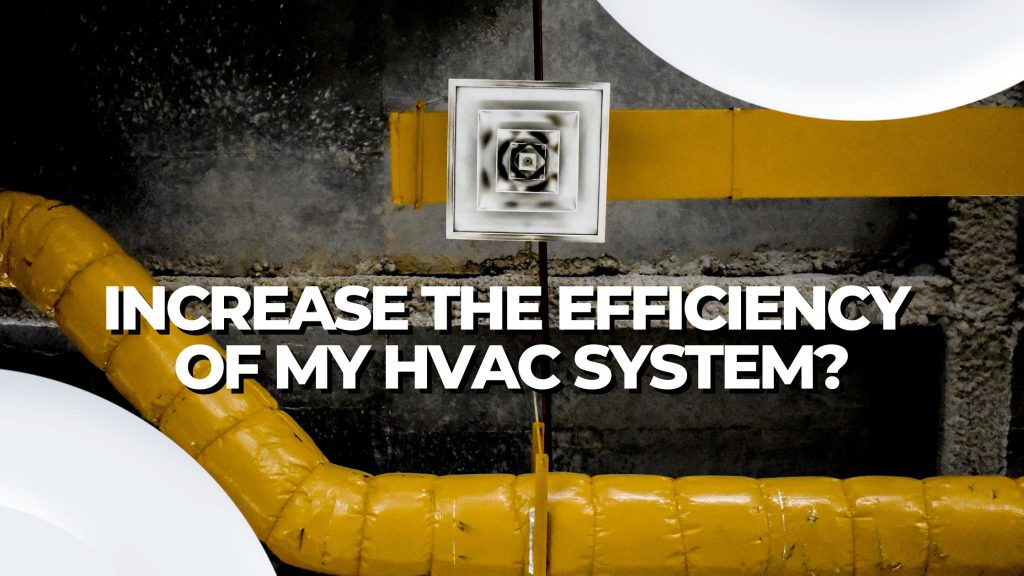 One of the significant investments while setting up a home is its HVAC (Heating, ventilation, and air-conditioning) system. As a homeowner, it is natural to worry about finding ways to improve your HVAC’s lifespan. Moreover, HVAC systems run 24/7 throughout the year, making their depletion faster.
One of the significant investments while setting up a home is its HVAC (Heating, ventilation, and air-conditioning) system. As a homeowner, it is natural to worry about finding ways to improve your HVAC’s lifespan. Moreover, HVAC systems run 24/7 throughout the year, making their depletion faster.
In Canada, the average lifespan of a well-maintained air conditioner is 10-15 years, whereas, for furnaces, it averages 15-20 years. Hence, if you falter in taking its care, you may incur huge HVAC replacement costs sooner than expected. To avoid this issue, let’s understand some ways to improve your HVAC’s efficiency and life.
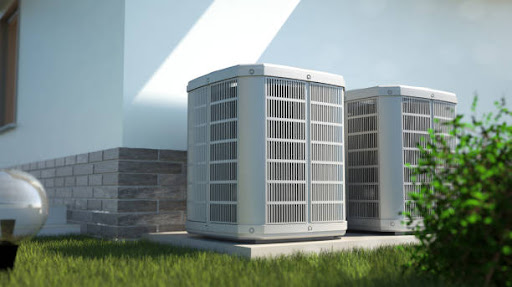
Six Ways To Improve HVAC Lifespan and Efficiency
One of the critical measures to improve HVAC lifespan is regular maintenance. If you leave your HVAC system to cope on its own, it will break down, putting your comfort in the corner. Hence, it is essential to have a maintenance plan to extend your HVAC’s life and defer the replacement cost to somewhere far off in the future.
Now that we know, HVAC replacement can be a costly affair. Let’s look at a few actionable tips to extend your HVAC’s life and performance.
Get Your HVAC Checked Up Regularly By Professionals
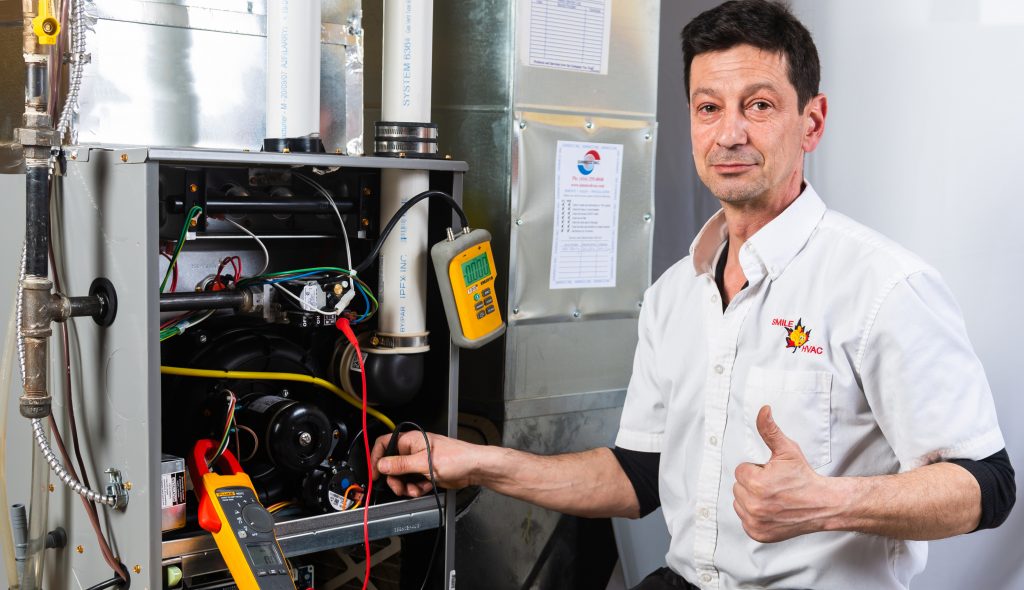
Although HVAC systems do not require much maintenance in a short period, it is a good idea to get it tuned up once or twice a year by HVAC professionals. For air conditioners, spring is a favorable time for maintenance, whereas, for furnaces, early fall can be a good time.
In routine HVAC maintenance, the professional will check filters, remove dust or debris in the system, clean the condenser and compressor, check any refrigerant leaks or cracks in the heat exchanger, etc. This way, all the minor and major issues in your HVAC will get resolved before they lead to its breakdown.
Install A Smart Thermostat
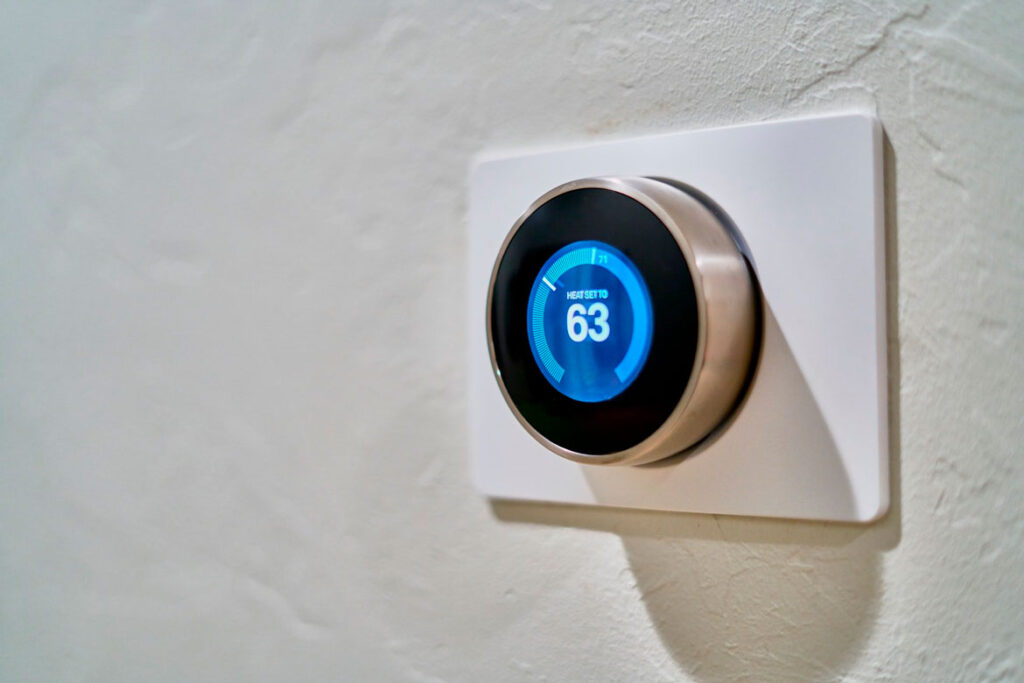
Another smart thing you can do is upgrade your thermostat from a programmable one to a smart one. A smart thermostat works by adjusting to each family member’s preference and setting the temperature accordingly. Hence, your HVAC becomes more efficient and saves money by reducing your carbon footprint.
One of the most significant advantages of a smart thermostat is that it can be operated from anywhere with a simple click on your smartphone. So, it can lead to energy savings by operating your HVAC only when required. According to a survey, a smart thermostat can lead to a 23% reduction in your energy bills.
Inspect Air Filters Regularly
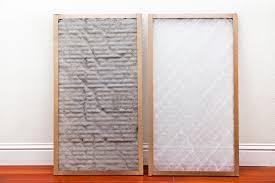
One task that you can take upon your shoulders as a homeowner is checking your air filters regularly. Although HVAC professionals will do the needful on their visit, your little intervention can help improve HVAC’s lifespan. The duration to check your filter can lie anywhere between 30 to 90 days.
Most filters are either made up of disposable fiberglass or pleated ones. These can get quite dirty over time, making your HVAC work harder. And that can lead to high pressure on the fan as well as the entire system. Inspecting and changing filters on your own can be pretty effective.
Regular Duct Cleaning
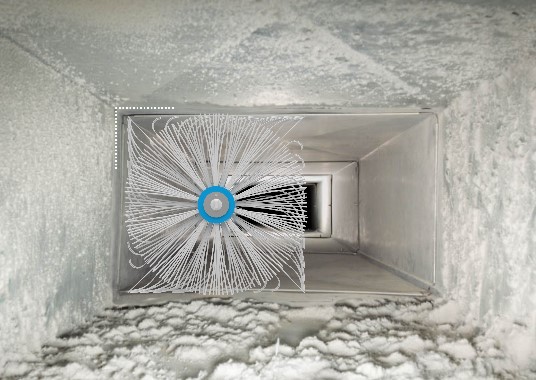
Ducts are critical to the functioning of your HVAC system. Dust, debris, and other particles can build up in the vent leading to poor air quality and increased wear and tear. Additionally, the build-up can affect sensitive people and older adults aggravating allergies or asthma problems.
Therefore, it is a good idea to get your ducts cleaned regularly by professionals to improve HVAC efficiency. A duration of two to three years is ideal for the clean-up of your HVAC ducts. However, if you have pets and family members prone to allergies, increase the frequency.
Switch To Auto Fan Setting
The HVAC system fans have two settings, “auto” and “on.” In the auto setting, the fan works only when the HVAC system is running. While in “on” mode, the fan runs actively irrespective of whether HVAC is running or not. This can make the system hammer away more than usual.
However, the “on” setting has its own use as it catches more dust and debris, making the air cleaner for people with allergies. But this leads to clogging up of filters faster, which brings us back to cleaning the air filters regularly in such a case.
Improve Insulation In Your Home
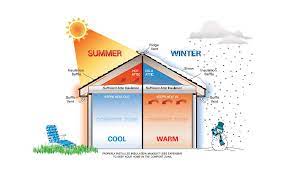
Insulation is the best supporter when it comes to keeping them warm/cold air within your home. Proper insulation ensures that your HVAC has to work less often. Usually, the basement or attic has insufficient insulation, which can lead to a drop or increase in temperature throughout your home.
Hence, it is critical to have proper insulation. To identify weak insulation places in your home, you can schedule an energy audit by HVAC professionals. Insulate all the identified places and improve your HVAC’s lifespan and also save a lot of money on energy consumption.
These are some practical ways of improving HVAC life and efficiency. You can also use alternative ways of cooling or heating your home by investing in ceiling fans, blinds, portable heaters, etc. Make sure to give your HVAC system rest once in a while by shutting it off.
By following these ways, you can extend the HVAC lifespan and avoid replacement costs in the near future. Make sure that you get the routine check-up done only by HVAC professionals; otherwise, it can work against you. With these tips, you will surely enjoy your HVAC system for a long time.
FAQ
How Can I Increase the Efficiency of My Air Conditioner?
- Regular maintenance by HVAC professionals. - Change air filters regularly. - Use a smart thermostat. - Fix Refrigerant leaks or issues in airflow.
What Is The Average Lifespan Of A HVAC Unit?
The average lifespan of your HVAC will depend on how well it is maintained. The median life is 10 to 14 years for a regularly tuned-up air conditioner, and for the heating utility, the average age is 15 to 20 years. However, lifespan also depends on how much an HVAC system is used daily.
How Can I Make My HVAC more Efficient?
- Get it regularly inspected. - Use smart thermostats to make your HVAC energy efficient - Change air filters every 30 to 90 days. - Improve insulation in your home. - Use alternative ways for cooling and heating to give your HVAC some rest. - Clean your ducts every two to three years for proper airflow.

